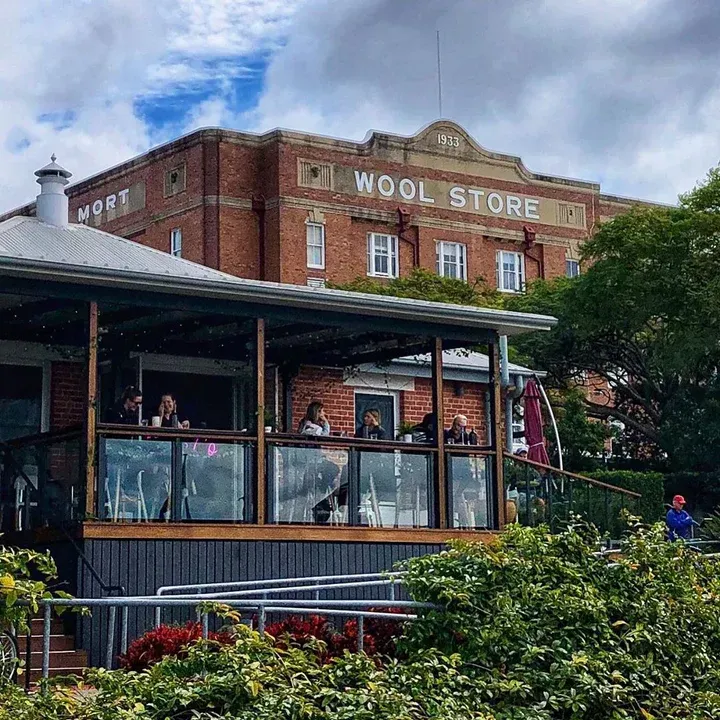Toowong Property Market: Suburb Profile, Local Investment Insights
Toowong QLD 4066 is one of Brisbane’s most desirable suburbs, located just 5 kilometres west of the CBD. It’s well-known for its riverside lifestyle, excellent public transport, thriving shopping precinct, and proximity to The University of Queensland (UQ). Whether you’re a first-home buyer, a growing family, or an investor, Toowong offers a vibrant mix of opportunities in the property market.
Toowong Property Market Overview
The Toowong QLD 4066 property market has seen significant growth in recent years, particularly due to its appeal among young professionals, students, and families. As of 2024, the median house price in Toowong sits around $1.3 million, reflecting the ongoing demand for inner-city living combined with a relaxed, suburban feel. Apartments and units, often popular with students and professionals, have a median price of around $620,000.
With a mix of Queenslanders, modern apartments, and riverside homes, Toowong provides options for a wide range of buyers. Properties near the Brisbane River or within walking distance of UQ attract a premium, while those further inland still offer excellent value.
House Prices in Toowong
The median house price in Toowong has been on an upward trend, with a growth rate of 6-7% annually over the past five years. Houses in the riverside pockets along streets like Sylvan Road and Glen Road command higher prices due to their proximity to the water and city views. Meanwhile, properties on the quieter, leafy streets near the Anzac Park area offer more affordable options, especially for families looking for space and parkside living.
Apartment Market
The apartment market in Toowong is driven by the student population and professionals who work in the city. Proximity to Toowong Village Shopping Centre and UQ makes apartments highly desirable. The rental market for units is strong, with yields of around 4.5-5%, making Toowong a solid choice for investors.
Rental Market in Toowong
With the University of Queensland only a short ferry or bus ride away, Toowong has a significant student population, which helps sustain the local rental market. The median rent for a house in Toowong is around $700 per week, while units rent for approximately $500 per week. Vacancy rates remain low, at about 1.5%, meaning rental properties are quickly snapped up.
Premier property management in Brisbane.
We uphold your investment property standards with regular inspections, maintenance, tenant and finance management.
Investment Potential in Toowong
Toowong’s mix of long-term growth potential and solid rental yields makes it an attractive option for investors. Capital growth has been steady, and the suburb’s desirable location near the CBD ensures future demand. Investors are particularly drawn to the ongoing infrastructure improvements in the area, including the development of Brisbane Metro, which will further enhance transport options and boost property values.
For those looking to invest in apartments, developments near Toowong Village Shopping Centre offer high demand, particularly from UQ students and professionals. Additionally, riverside homes and properties along Coronation Drive provide excellent long-term capital growth due to their location and limited availability.
Local Amenities and Lifestyle in Toowong
Toowong is rich in lifestyle options, offering everything from shopping and dining to parks and outdoor activities. The suburb is known for its leafy streets, easy access to the Brisbane River, and well-connected public transport options, including Toowong train station, buses, and CityCat ferries.
Dining and Cafes in Toowong
- The Corner Store Cafe: For brunch and coffee, The Corner Store Cafe on Sylvan Road is a must-visit, known for its fresh, seasonal menu.
- Regatta Hotel: The iconic Regatta Hotel, a historic riverside pub, offers a great spot for drinks and dining by the water.
Shopping in Toowong
- Toowong Village Shopping Centre: Anchored by Coles and David Jones, Toowong Village is the hub for all your shopping needs, with fashion, beauty, and services like medical centres and gyms.
Parks and Recreation
- Anzac Park: Known for its expansive green space, Anzac Park offers walking trails, picnic spots, and playgrounds, making it ideal for families.
- Brisbane River Walk: Enjoy a scenic riverside walk along the Brisbane River, with views of the city and easy access to nearby suburbs like Milton and St Lucia.
Toowong’s combination of proximity to the CBD, strong community vibe, and excellent amenities make it one of Brisbane’s most desirable suburbs. With a mix of housing options, strong rental demand, and ongoing infrastructure improvements, Toowong is well-positioned for future growth. Whether you're looking to buy, rent, or invest, Toowong QLD 4066 offers an appealing blend of lifestyle and opportunity.
Share this with friends!
Latest Property Market Insights











